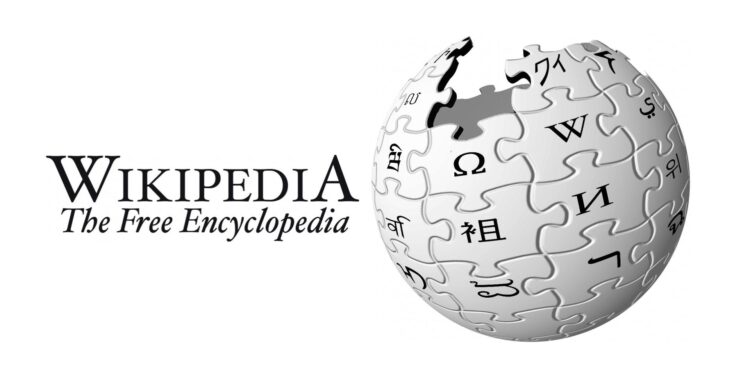In an era where information flows freely across digital channels, Wikipedia stands as a testament to the power of collaborative knowledge sharing. Founded in 2001 by Jimmy Wales and Larry Sanger, this online encyclopedia has revolutionized how people access and contribute to global knowledge. With millions of articles in hundreds of languages, Wikipedia has become the go-to reference for countless individuals seeking information on virtually any topic.
At its core, Wikipedia operates on a remarkably simple yet powerful principle: anyone can edit it. This open-source approach to knowledge creation has sparked both praise and criticism since its inception. Supporters celebrate the democratization of information and the platform’s ability to rapidly update content as events unfold. Critics, however, question the reliability of user-generated content and point to potential biases in article coverage and editing.
The platform’s collaborative nature has given rise to a dedicated community of volunteer editors who maintain quality standards and ensure content accuracy. These editors, ranging from casual contributors to highly active “Wikipedians,” work together to verify sources, combat vandalism, and expand the encyclopedia’s coverage. The community has developed robust guidelines and policies, including the notable “neutral point of view” principle, which aims to present information objectively and without bias.
Wikipedia’s impact on education, research, and daily life cannot be overstated. Students, professionals, and curious minds worldwide rely on its vast repository of knowledge as a starting point for learning about new subjects. While academics and educators initially viewed Wikipedia with skepticism, many now recognize its value as a complementary resource when used alongside traditional research methods.
The Wikimedia Foundation, the non-profit organization behind Wikipedia, has maintained its commitment to keeping the platform free from advertisements and corporate influence. This dedication to remaining independent has helped preserve Wikipedia’s integrity and foster trust among its global user base. The foundation’s operating costs are primarily covered through donations from users who believe in the importance of free access to knowledge.
Despite its success, Wikipedia continues to face challenges. Gender bias in content coverage and contributor demographics, the digital divide affecting access in developing nations, and the ongoing battle against misinformation remain significant concerns. The platform must also adapt to emerging technologies and changing user expectations while preserving its core mission of providing free knowledge to all.
Looking ahead, Wikipedia’s influence on digital learning and knowledge sharing shows no signs of diminishing. As artificial intelligence and machine learning technologies advance, the platform explores new ways to improve content quality, expand language coverage, and enhance user experience. The vision of a world where every person can freely share in the sum of all human knowledge remains as relevant today as it was when Wikipedia first launched.
Through two decades of evolution, Wikipedia has transformed from an experimental project into an indispensable global resource. Its success demonstrates that when given the right tools and framework, people from diverse backgrounds can collaborate effectively to create something remarkable. As we continue to navigate the digital age, Wikipedia’s model of open collaboration and free knowledge sharing serves as an inspiring example of what the internet can achieve at its best.
newshub



Recent Comments